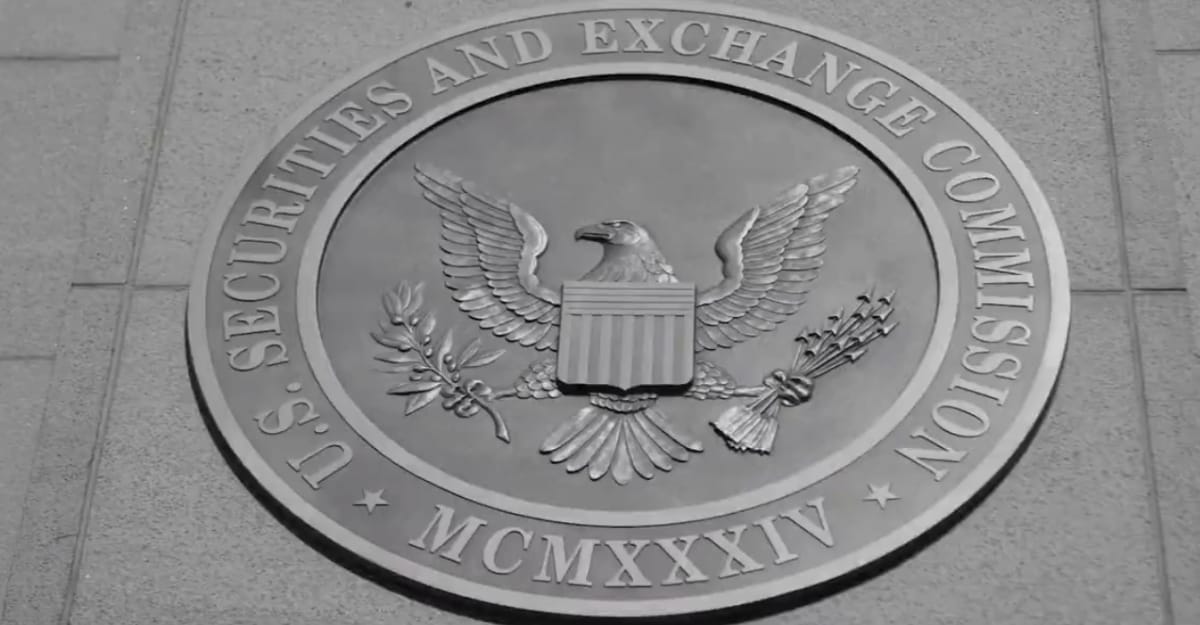The European Banking Authority (EBA) is ramping up its regulatory oversight of the crypto sector. In a recent development, the EBA has issued two detailed sets of guidelines to govern the operations of Crypto-Asset Service Providers (CASPs) and Payment Service Providers (PSPs). As part of these directives, the EBA has emphasised the need for compliance monitoring agencies to intensify efforts to mitigate risks that could harm consumers.
The agency has asked payment service providers to screen all firms looking to register their businesses in European nations. The EU lawmakers have asked virtual digital asset service providers (VASPs) to conduct multi-level due diligence including a thorough risk assessment.
“EU regulations on restrictive measures do not prescribe how financial institutions should comply with restrictive measures regimes but highlights the need to put in place the required due diligence procedures and conduct the appropriate checks in order to avoid breaches of the Regulation,” a post by the EBA said.
The first set of guidelines provides fintech firms with instructions on aligning their governance structures and internal policies. The second set outlines the steps these firms must take to process crypto transactions in compliance with legal requirements.
“Carry out a restrictive measures exposure assessment, which should inform institutions’ decision on the types of controls and measures they need to apply to comply effectively with restrictive measures,” the directive mentioned.
The document further advises fintech and Web3 platforms to implement a screening system that aligns with the restrictive measures mandated by EU regulators. The finalised guidelines will be translated into all official EU languages and published on the EBA website, though the timeline for release remains undisclosed.
The EU has been actively regulating the virtual digital asset (VDA) space for some time. Last year, it finalised its MiCA regulations, which establish clear dos and don’ts for Web3 businesses. Given the high volatility of crypto assets, governments worldwide, including the EU, are focused on safeguarding their citizens from potential financial risks.





